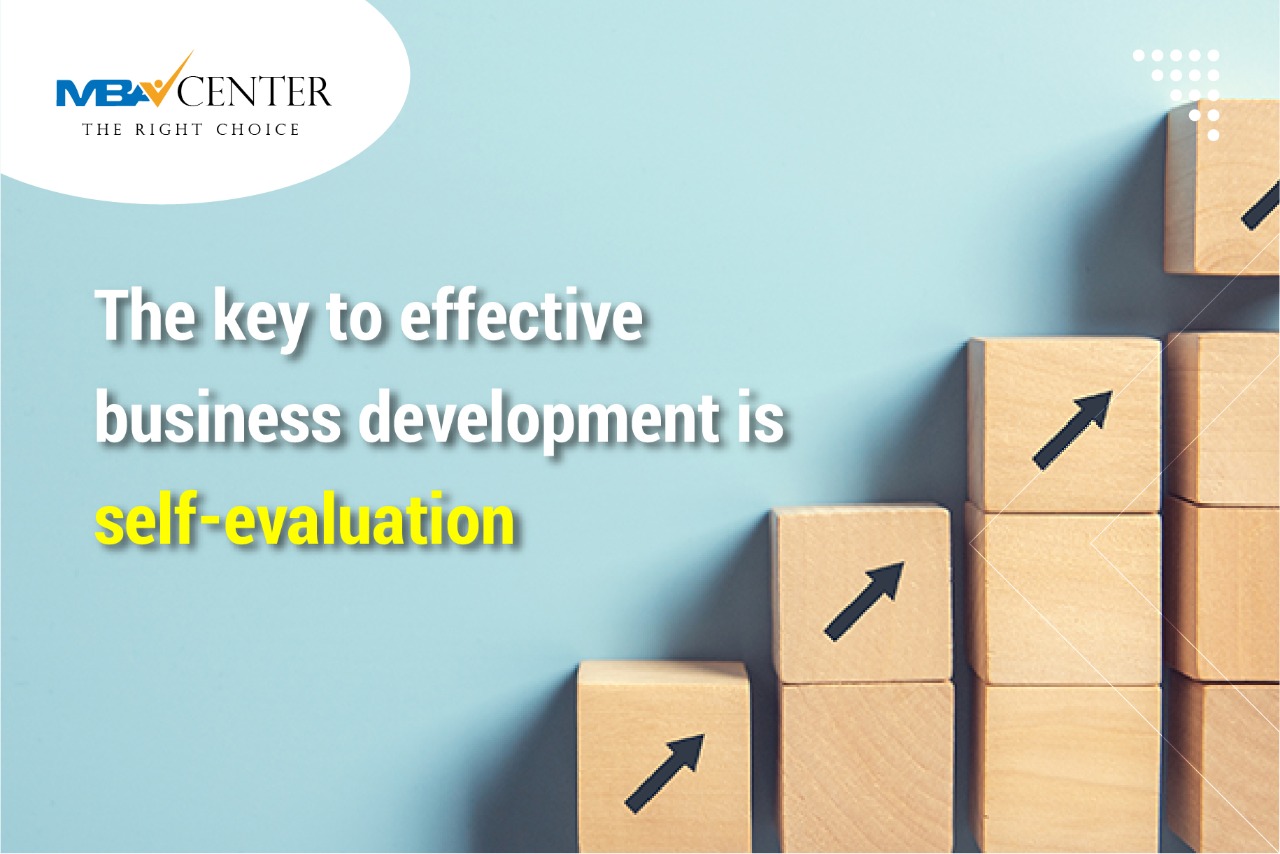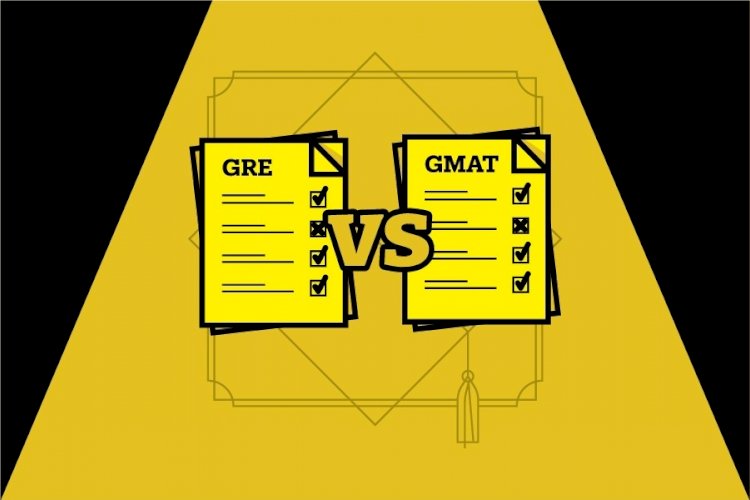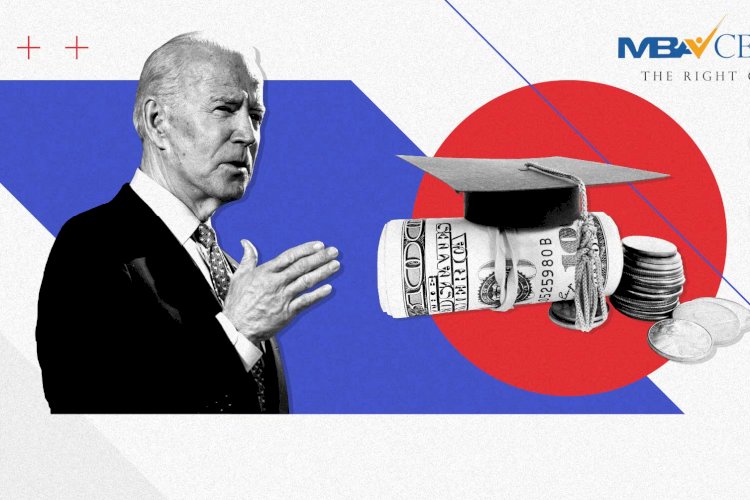
It may not be evident to those who dislike discussing ourselves, yet there are numerous advantages to self-evaluation and appraisal. You are not alone if you dread your annual performance evaluation. Likely, your boss isn't looking forward to the meeting as much either. Numerous studies have indicated that managers and employees are tired of the annual spectacle in the last decade. Companies are being pushed to improve their personnel management operations.
It is crucial to investigate the underlying reason behind each triumph. Every leader rejoices when the stars appear to be aligned in their favour. Rather than revelling in the splendour of the present, you should make use of your good fortune as an opportunity to learn and improve.
Set aside time to focus on the words you chose and the precise actions you took in the crucial moments that led to the outcome. Examine every step and raw emotion, both good and bad. This reflection is a great way to prepare for the next event by growing comfortable with your accomplishments.
What is self-evaluation?
Simply put, self-evaluation is the ability to assess oneself to determine how far one has progressed. It necessitates employees to keep track of their skills and evaluate their strengths and weaknesses. Self-evaluation entails thinking about in what areas you have excelled. What are your proudest accomplishments?
Where do you believe you require additional assistance? What aspects of your employment do you enjoy the most, and what do you despise the most?
These are the types of questions that a self-evaluation includes that promote reflection on performance. The goal of self-assessment is to assist people to understand the scope of their talents and how to improve them.
Internal Reflection Is Only the Beginning.
While looking inside is important, everyone must also look outward to grasp others' criticisms. No one will hold you accountable if no one else is present to genuinely critique you and make you pause to analyse your day-to-day. Well, not until the house of cards collapses around you due to your actions or inaction.
Part of this entails being curious about how others in your industry see you in real life and is more than just being liked or popular. It's about having a positive influence, which is, after all, your primary role as a leader.
Effective self-critiquing necessitates not only reflection and thought but also action.
You must collect the appropriate data points to guarantee effective actions. What are your employees' true feelings about your business? What indicators do you use to assess their satisfaction? Is there something you're not aware of that you could readily fix? You'll know exactly where to direct your investment and iteratively create your internal and external value proposition once you've answered these questions.
Self-critiquing that is constructive, measured, and honest is difficult, but the benefits are sometimes unexpected and unbeatable.
Also read: Background checks are more common in MBA admissions
 MBA Center Global
MBA Center Global 
























